Blepharoplasty is a surgical procedure aimed at improving the aesthetic appearance of the eyelids. It is commonly performed to reduce signs of aging, remove excess skin and fat tissue, and address sagging of the eyelids. This procedure can be applied to both the upper and lower eyelids.
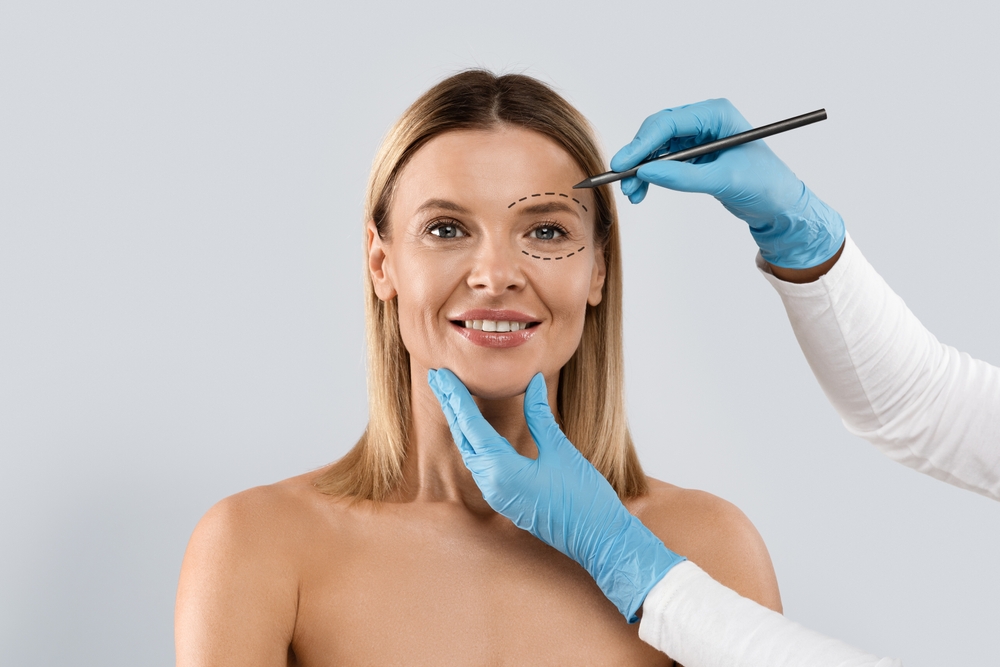
Suitable candidates for blepharoplasty are individuals with noticeable sagging, puffiness, or excess skin around the eyelids. Additionally, individuals in good general health with realistic expectations are also considered suitable for this surgery. People aged 35 and older might consider this cosmetic surgery during the early signs of aging.
Upper eyelid aesthetics involve removing excess skin and fat from the upper part of the eyes to achieve a more youthful and refreshed appearance. Lower eyelid aesthetics, on the other hand, address puffiness and excess skin beneath the eyes to provide a smoother and more rested look. Each procedure serves different purposes and is performed on different areas.
Yes, upper and lower eyelid aesthetic surgeries are often performed simultaneously. This combination allows for addressing issues in both eyelids at the same time and requires only one recovery period. However, this decision is made by your surgeon based on your individual needs.
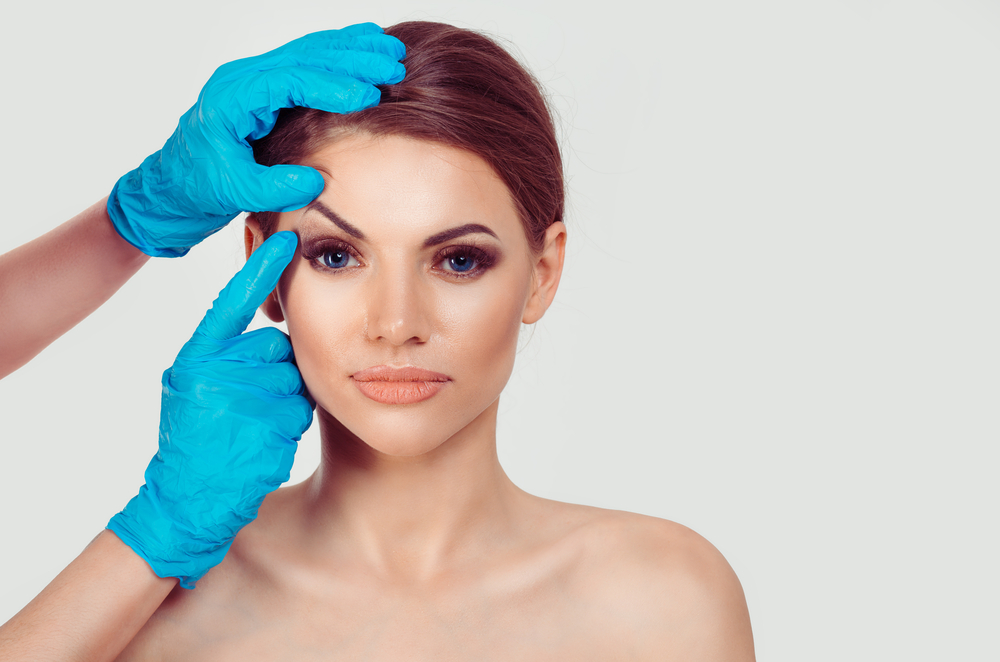
Blepharoplasty involves removing excess skin and fat from the eyelids. Incisions for the upper eyelid are typically made along the lash line to minimize visible scarring. For the lower eyelid, incisions are either close to the lash line or inside the lower eyelid. The surgery usually takes between 1 to 3 hours.
The recovery process after surgery can vary from person to person but generally lasts several weeks. Initial days may involve swelling, bruising, and mild pain around the eyes. Using the prescribed care and medications is important for healing. Generally, patients can return to normal activities within 1-2 weeks.
Scarring after blepharoplasty is usually minimal and is concealed by the natural folds of the eyelids. Incisions on the upper eyelid are made along the lash line, and scars on the lower eyelid are hidden within the natural folds or inside the eyelid.
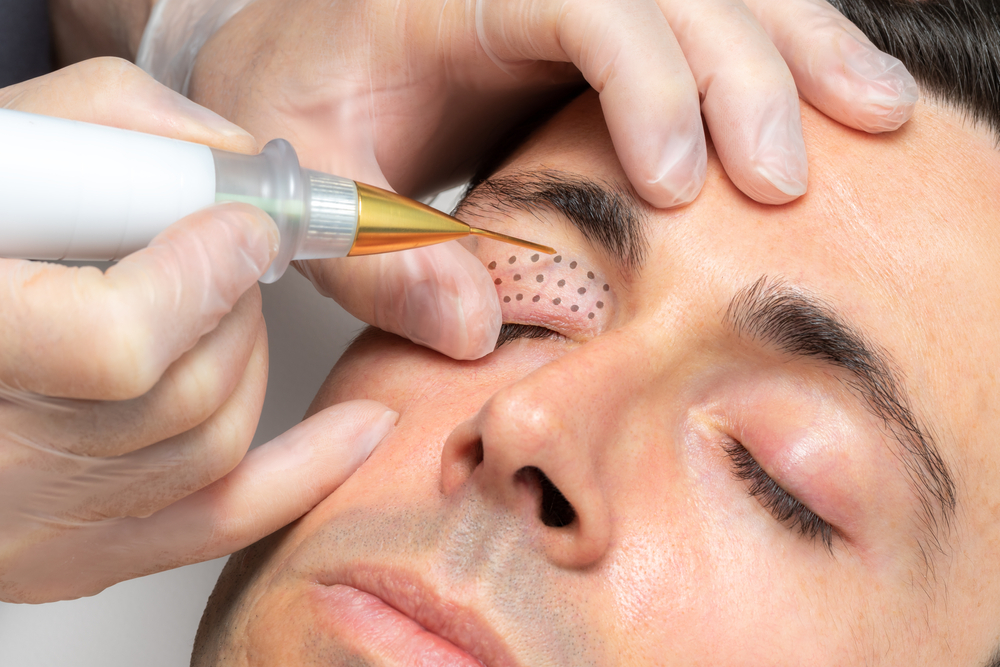
Blepharoplasty generally takes between 1 to 3 hours. The duration depends on the type of procedure and the patient’s needs.
Blepharoplasty typically provides long-lasting results. However, as aging continues, there might be some recurrence of sagging or puffiness in the eyelids. Post-surgical care and healthy lifestyle habits can help slow down this process.
While complications are rare, possible issues include swelling, bruising, infection, dry eyes, or temporary vision changes. Following your doctor’s post-surgical care and attending follow-up appointments is essential to minimize risks.
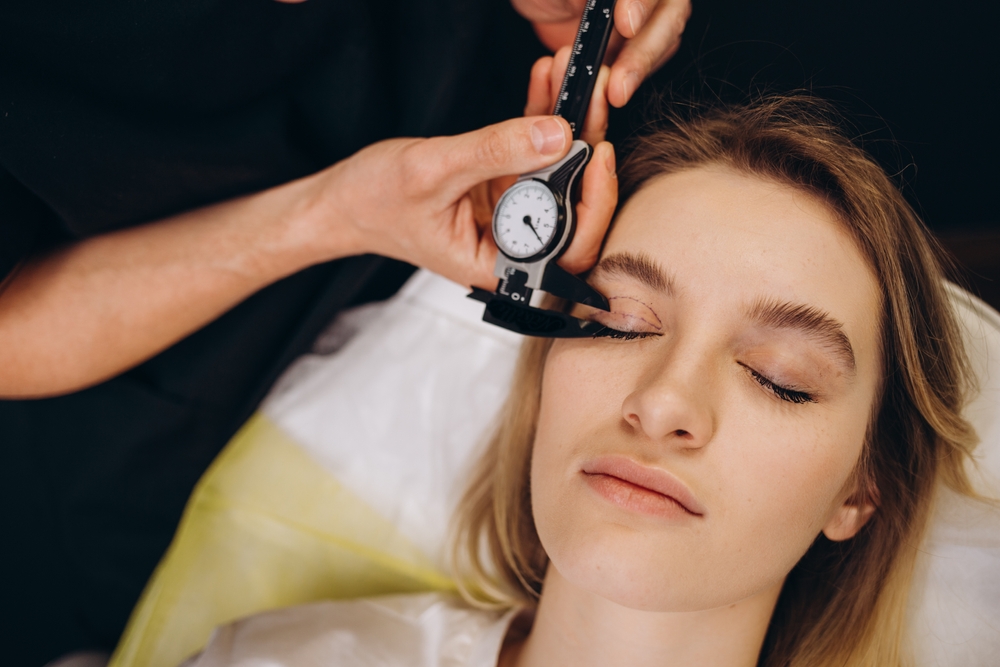
Generally, light makeup can be applied 1-2 weeks after surgery. However, it is important to follow your doctor’s recommendations during the recovery process. Ensure that the healing process is complete before applying makeup.
Yes, blepharoplasty can be combined with other facial aesthetic procedures. It can be performed alongside facelift, brow lift, or dermal fillers to enhance the overall facial appearance.
Blepharoplasty is generally associated with minimal pain and discomfort. Post-surgical pain is usually mild and manageable. Your doctor will prescribe pain relief medications to help with any discomfort during recovery.
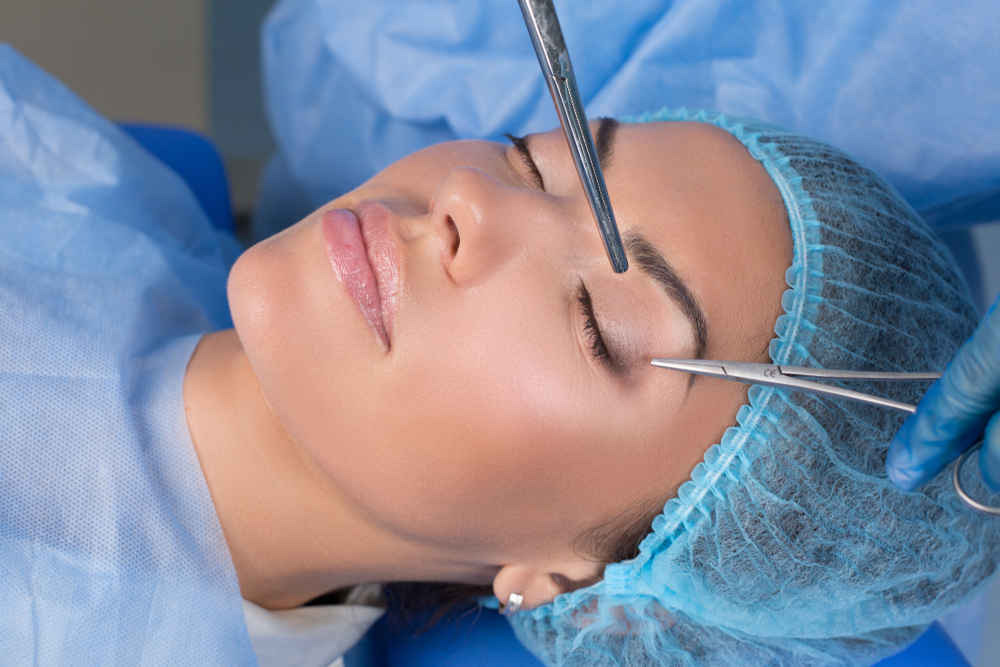
Blepharoplasty is typically performed under local anesthesia. Additionally, light sedation may be used to increase patient comfort. The type of anesthesia is determined based on the scope of the procedure and the patient’s preference.
A rest period of 1-2 weeks is important after surgery. During this time, keeping the head elevated can help reduce swelling and bruising. Full recovery usually takes 4-6 weeks. Following your doctor’s advice and attending regular check-ups is important for a smooth recovery.
We will typically contact you within one business day via a corporate phone number after your application.